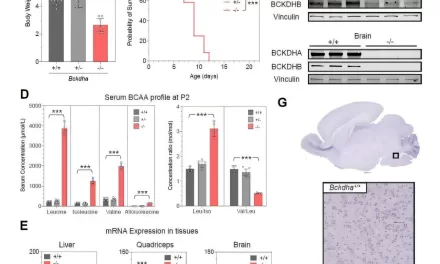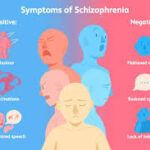In a significant stride forward in cancer therapy, researchers at the Johns Hopkins Kimmel Cancer Center, Ludwig Center, and Lustgarten Laboratory have developed a groundbreaking treatment for leukemias and lymphomas originating from T cells of the immune system. The therapy, an antibody-drug conjugate (ADC), demonstrated remarkable efficacy in eliminating these cancers in mice bearing human T-cell tumors.
Published in the prestigious journal Nature, the study showcases the potential of the ADC, which combines an antibody targeting a protein called TRBC1 expressed on T-cell cancers with an anti-cancer drug, SG3249. The innovative approach involves using the antibody to locate cancer cells expressing TRBC1, enabling the delivery of SG3249 to kill the cancer cells.
“T-cell leukemias and lymphomas present unique challenges in treatment, necessitating cancer-specific therapies to preserve normal T cells and avoid compromising the immune system,” explains senior study author Suman Paul, M.B.B.S., Ph.D., from Johns Hopkins University School of Medicine. “Our novel ADC therapy holds promise in addressing this critical unmet need in oncology.”
The therapy’s effectiveness was evident in preclinical models, with a single treatment resulting in the elimination of T-cell cancers while preserving half of the normal T cells. This preservation is crucial for maintaining immune system protection against infections, highlighting the therapeutic potential of the ADC.
“We observed signs of cancer elimination within days of treatment initiation, and the tumors remained undetectable without recurrences,” says Paul. “This success underscores the importance of developing cancer-specific therapies that spare normal cells.”
The study builds on previous attempts to target TRBC1-expressing T-cell cancers using CAR T-cell therapy. While CAR T cells have shown promise in treating B-cell cancers, their efficacy in T-cell cancers has been limited by factors such as lack of persistence. This limitation prompted the researchers to explore ADCs as an alternative strategy for TRBC1 targeting.
“We were encouraged by the preclinical efficacy of our ADC, which offers a promising therapeutic approach for patients suffering from these devastating cancers,” notes Tushar Nichakawade, first author of the study.
Moving forward, the investigators are collaborating with industry partners to initiate early-phase safety and efficacy trials in human patients. The research was supported by various grants and foundations, underscoring the importance of continued investment in innovative cancer research.
As the battle against cancer continues, breakthroughs like the TRBC1-targeting ADC offer hope for improved treatments and outcomes, bringing us closer to conquering these formidable diseases.












